
Lent:
When does Lent 2024 start?
In 2024 Lent begins on Wednesday 14 February. The Lent dates for 2024 are 14 February – 28 March.
When does Lent 2024 end?
The last day of Lent 2024 is Thursday, 28 March.
When the Lent period ends depends how you count the 40 days as eastern and western churches observe Lent slightly differently. In western churches Sundays are excluded meaning Lent ends on Holy Saturday. Eastern churches include Lent Sundays meaning it ends on Palm Sunday, the Friday before Easter. The last week of Lent is called Holy Week.
What does Lent mean?
The word “Lent” comes from the old English, “lencten,” which means “spring.” In Middle English is derived the words, lenten, lente, lent; related to the Dutch, lente, the German, Lenz, also rendered “spring.” In Old German lenzin, lengizin, and lenzo are related words, which probably comes from the same root as “long” and referring to “the lengthening days,” as the earth moves from the winter solstice toward the spring equinox.
Why is lent 40 days?
40 is a significant number in the Bible:
In Genesis, the flood which destroyed the earth was brought about by 40 days and nights of rain. The Israelites spent 40 years in the wilderness before reaching the promised land. Moses fasted for 40 days before receiving the ten commandments on Mount Sinai. Jesus spent 40 days praying and fasting in the wilderness in preparation for his ministry.
Lent 2024 is taking place between 14 February – 28 March.
What to do for Lent?
Some Christians from more orthodox or traditional denominations fast during Lent. They begin with the wearing of ashes on Ash Wednesday and give up meat, fish, eggs and more for the 40 day period. Others choose to give up comforts or luxuries such as chocolate, junk food, social media or television.
For many Christians, Lent is a time where they make space to pray, read the Bible and reflect on God’s love.
For some of us the prospect of 40 days of giving up something can be daunting. This year we’d like to encourage you to take something up instead and form a new habit.
What is Shrove Tuesday?
Shrove Tuesday is the day before Lent begins, otherwise known as Ash Wednesday.
Traditionally, Shrove Tuesday was a day where Christians could reflect on the sins they needed to repent of before the Lenten season began. The name Shrove comes from the old middle English word ‘Shriven’ meaning to go to confession to say sorry for the wrong things you’ve done.
Shrove Tuesday is also known as Pancake Day which comes from the old English custom of using up all the fattening ingredients before Lent, so that people were ready to fast. The fattening ingredients that most people had in their houses were eggs and milk, hence why people began combining them with flour to make pancakes.
What is the first day of Lent called?
Often called the Day of Ashes, Ash Wednesday opens Lent and takes place 46 days before Easter Sunday. It’s chiefly observed by Catholics, although many other Christians mark it too. Ash Wednesday comes from the ancient Jewish tradition of penance and fasting.
When does the Parish Lent Group start?
This year we are using the material from USPG: United Society Partners in the Gospel.
Freedom in Christ
The word freedom can mean many different things to many people around the world – people can want freedom from conflict, from pain, from their pasts, for their future. Without freedom, we can feel trapped and confined – unable to move forward. Freedom is a fundamental human desire and so it is no surprise that it is spoken about so often in the Bible. Its focus is most frequently related to the spiritual freedom a person can experience in Christ. This is what we hope you will explore in more depth through this study course. Throughout this course, USPG’s partner churches and organisations around the world will offer insights and reflections to what true freedom in Christ means in your life and in the communities you serve. There are five studies in this study guide from Brazil, Zambia, Britain & Ireland, South Korea and Barbados.
We will hold the course on: Wednesdays Feb 21st, Feb 28th, March 6th, March 13th & March 20th
Everyone is welcome
It will be held at St Mary’s Broughton Astley from 12.45 to 1.45 and also at St Michael’s Stoney Stanton from 6.30 to 7.30pm
What is Holy week?
Holy Week is the week leading up to Easter, and is the week during which Christians particularly remember the last week of Jesus’s life. Holy Week begins on Palm Sunday which commemorates Christ’s triumphant arrival in Jerusalem.
Maundy Thursday is the Thursday before Easter where Christians remember the Last Supper, when Jesus washed the feet of his disciples.
Good Friday is the day on which Christians remember Jesus’ crucifixion and burial. Then Easter Sunday is the day on which Jesus rose from his tomb.
HAPPY EASTER
Easter is a time for great celebration as we remember Jesus rising from the dead. But what does Easter look like in different countries? Enjoy this whistle-stop tour of stunning Easter traditions from around the world.
WHAT IS EASTER?
At Easter, we reflect on Jesus’ death and resurrection. We celebrate the fact that Jesus overcame death and sin by dying in our place. Easter is great news for our world, it’s the most important event in the Christian calendar.
WHY CELEBRATE EASTER? THE STORY BEHIND EASTER DAY
Palm Sunday:
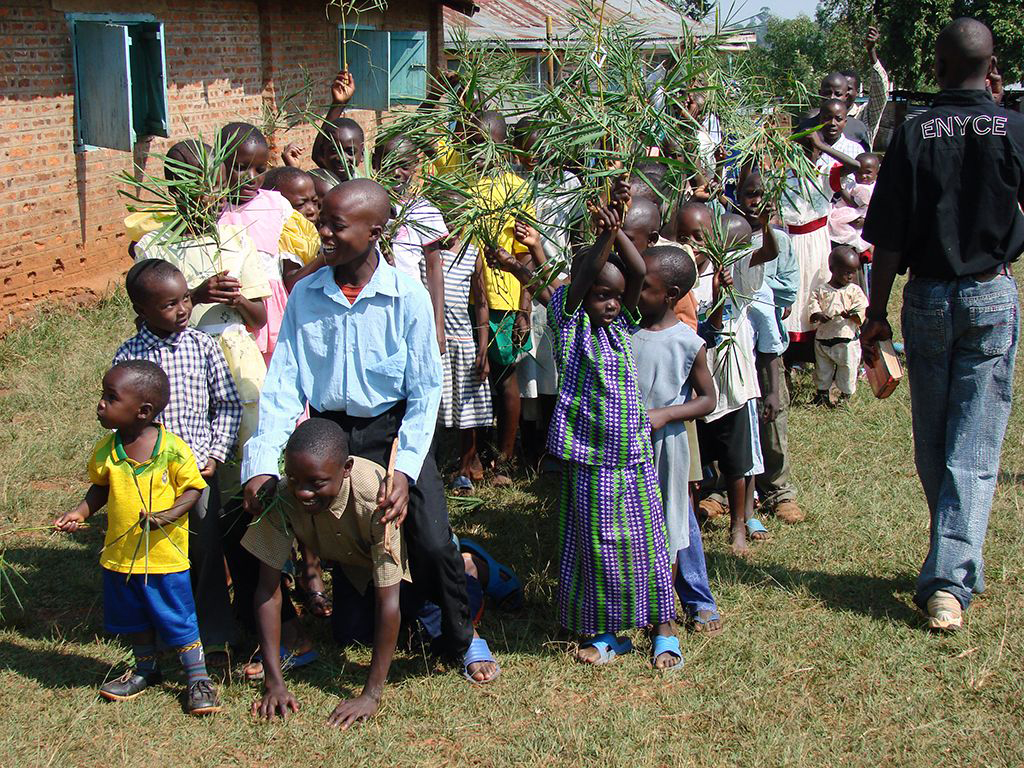
Easter traditions in Tanzania: Children from a Compassion project hold a Palm Sunday parade.
Palm Sunday is the first day of Holy Week. It celebrates Jesus’ arrival in Jerusalem riding of a donkey. Huge crowds gathered to meet Jesus, throwing their palm branches on the ground.
MAUNDY THURSDAY
Maundy Thursday is when the Last Supper took place. Jesus ate the Passover meal with his disciples, using the bread and wine to symbolise his upcoming death and resurrection.
The word maundy comes from the command (mandate) given by Jesus at the Last Supper, that we should love one another.
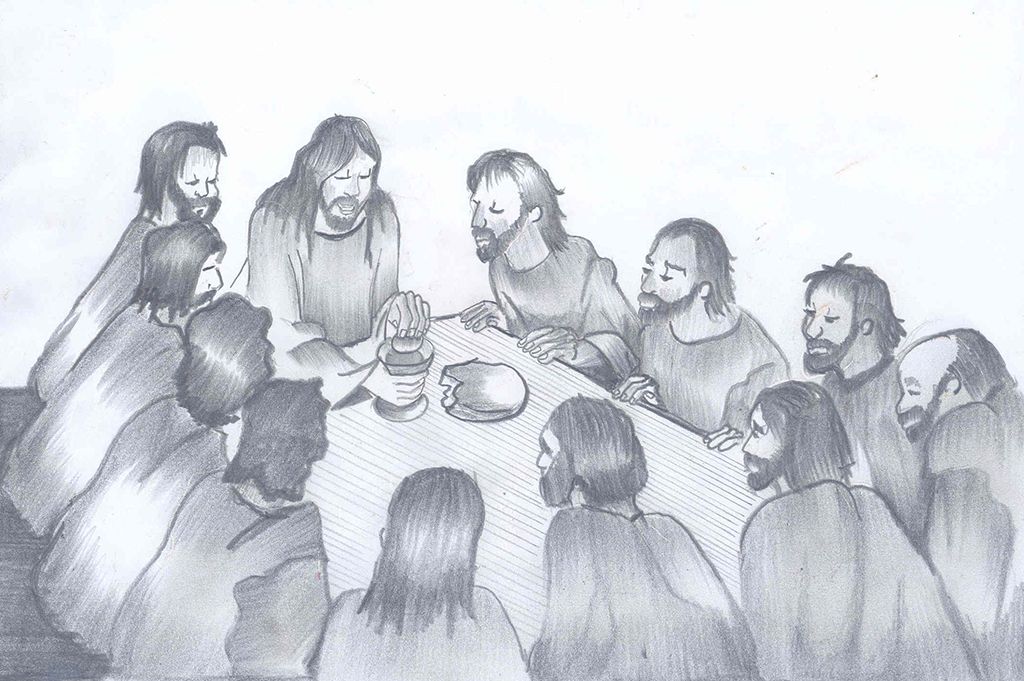
Drawing of the Last Supper by Compassion-sponsored child Justin from Kenya.
GOOD FRIDAY
This is the day when Jesus died on the cross, fulfilling the promises in the Old Testament. In some countries there are special Good Friday processions, or re-enactments of the crucifixion.
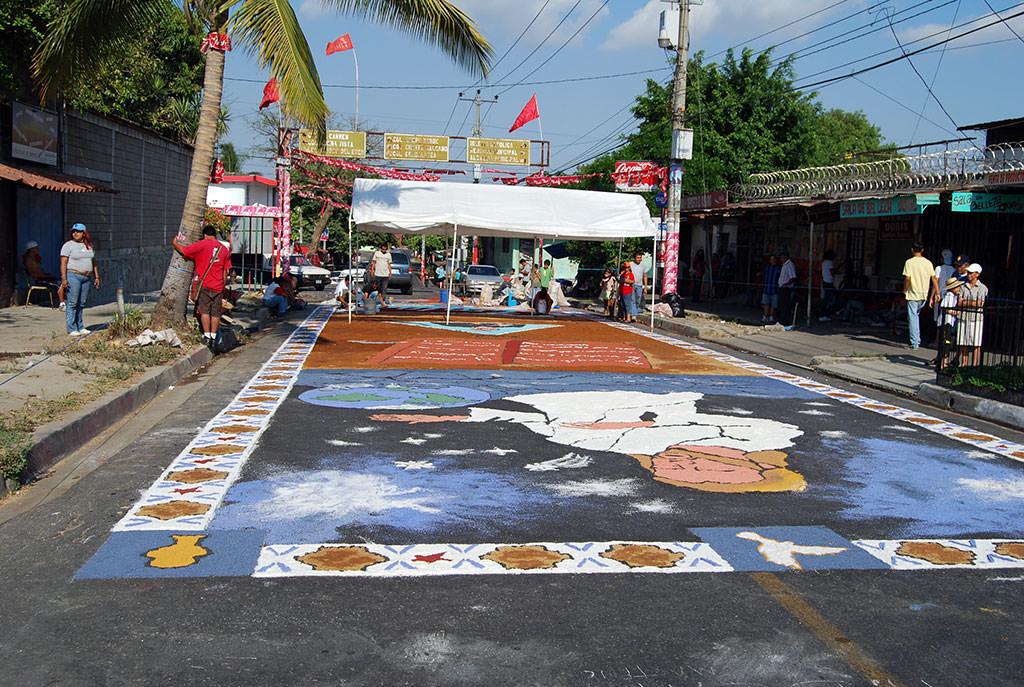
On Good Friday in El Salvador, young people create beautiful Easter paintings made with sand and sawdust. The roads which have paintings on are closed during the week’s events.
EASTER SUNDAY
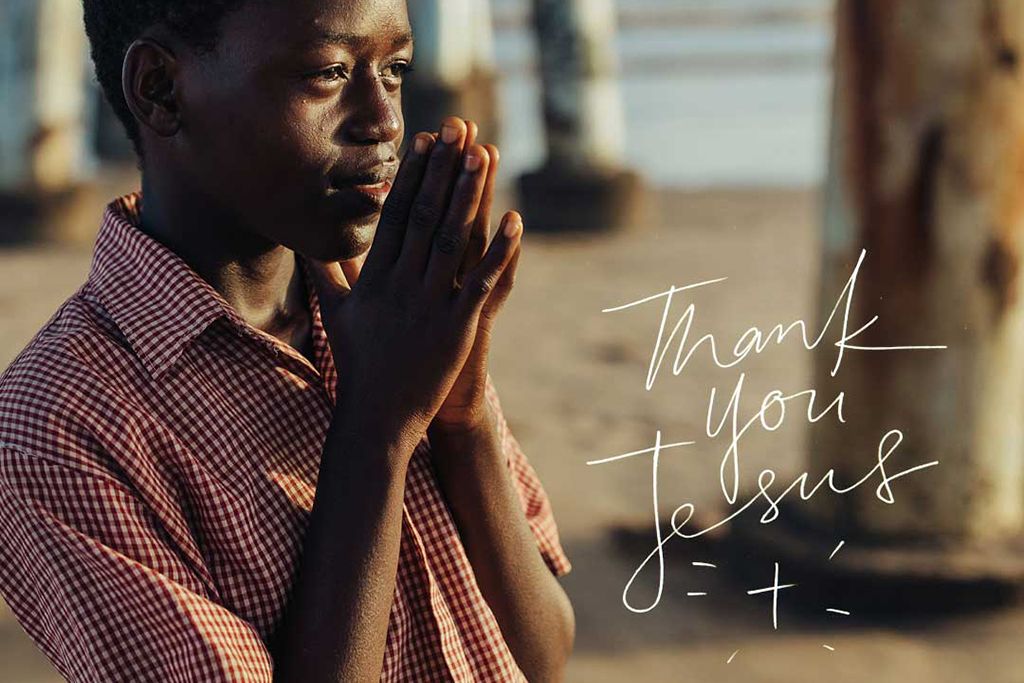
Three days after dying on the cross, Jesus rose again, sin and death and making a way for us to be reconciled with God.
EASTER TRADITIONS AROUND THE WORLD
From tooth-brushing competitions to kite flying, here are a collection of Easter customs from around the world. Discover how Compassion-sponsored children might be celebrating this year. Find out more about child sponsorship and how we’re empowering children born into poverty.
HAITIAN EASTER TRADITIONS
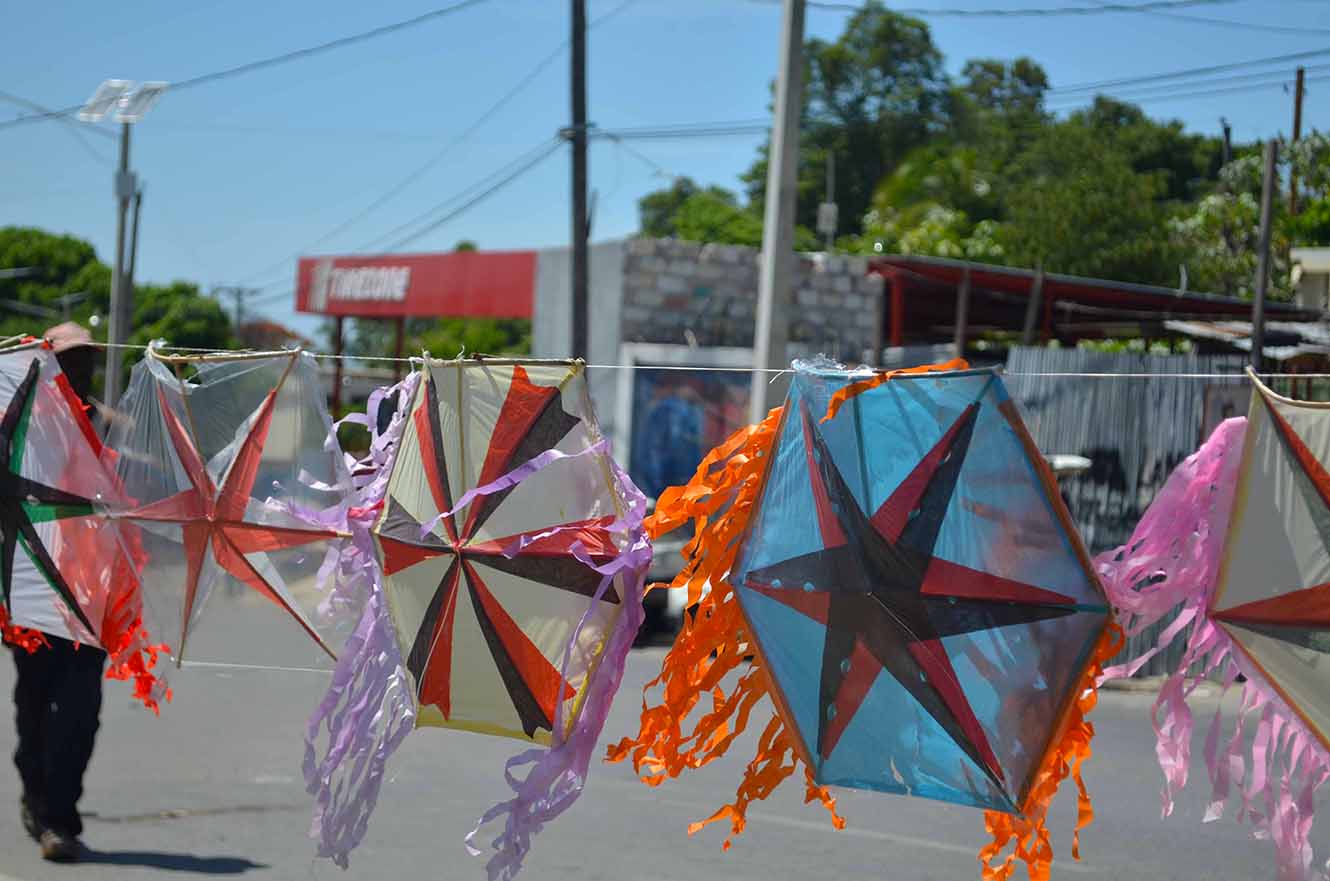
In Haiti, kids have the freedom to spend Good Friday playing outdoors. On this day colourful kites fill the sky and children run long distances, often barefoot, trying to get their kite higher than their friends.
INDONESIAN EASTER TRADITIONS
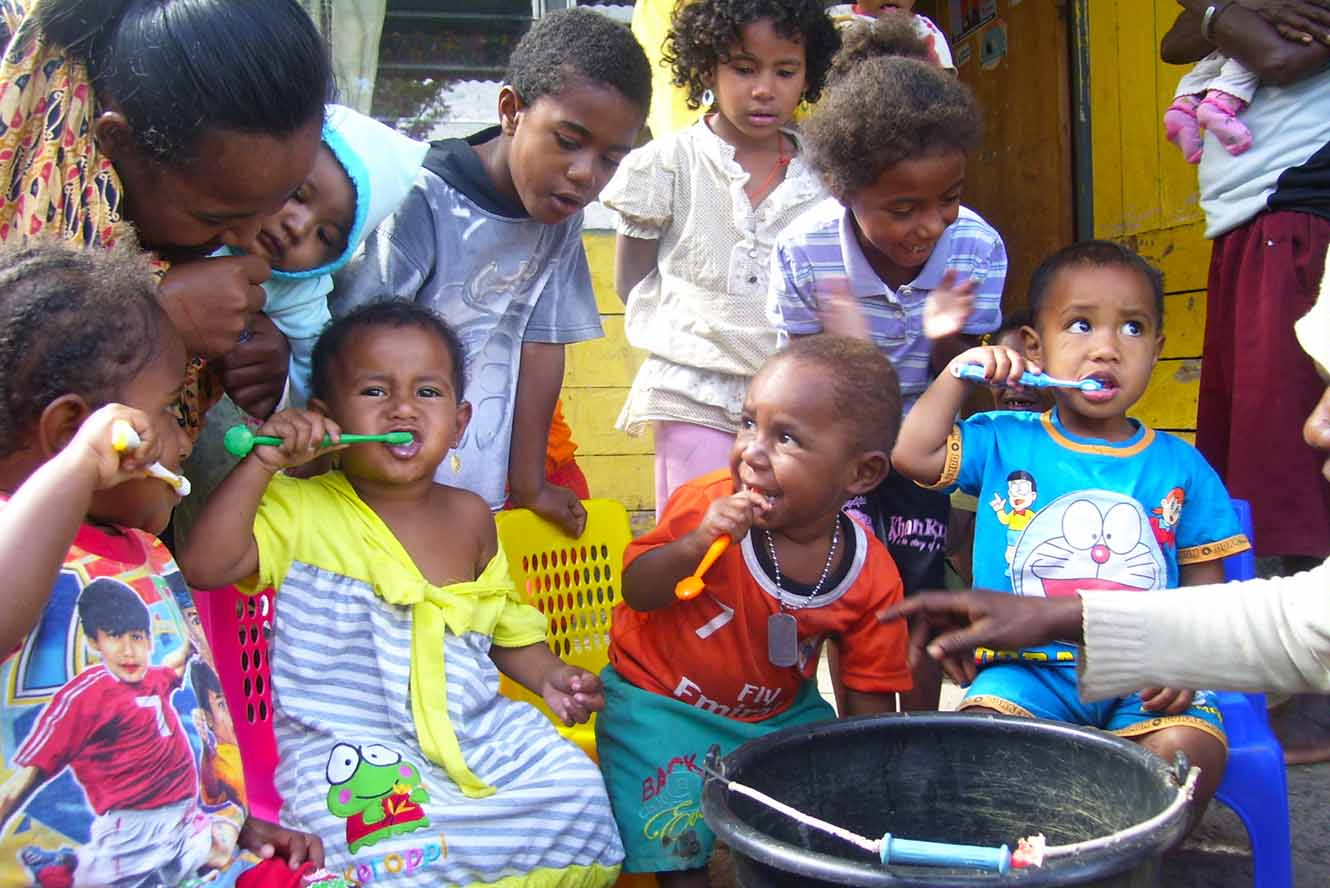
Slightly unconventional, but these kids in Indonesia are celebrating Easter with a tooth brushing competition! At their project in the east of the country, staff organise fun games which have educational benefits.
ETHIOPIAN EASTER TRADITIONS
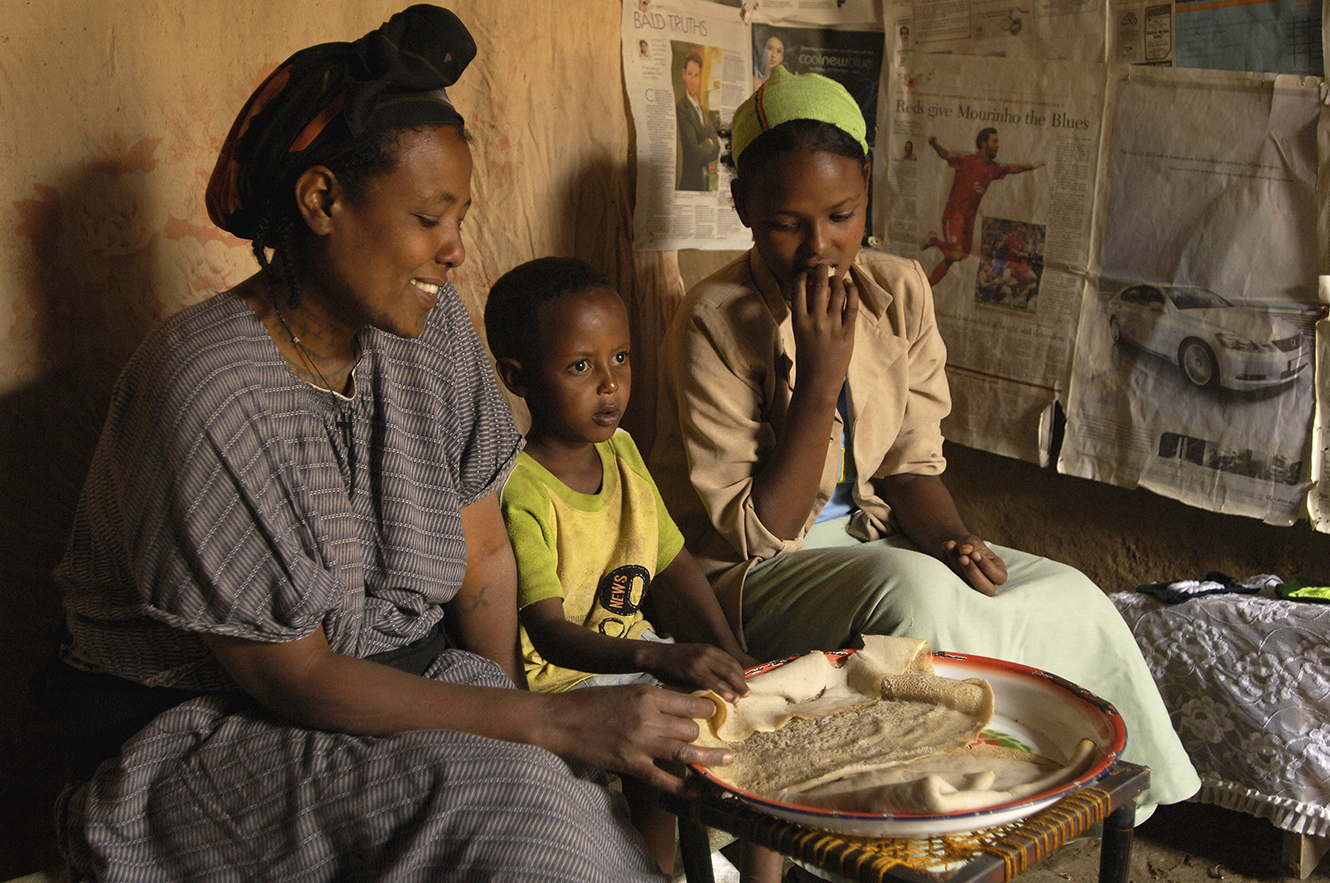
In Ethiopia, Easter is called Fasika and marks the end of a 55-day fast during which Christians have only eaten one vegetarian meal a day. Ethiopians will often break their fast after church by eating injera (a type of bread) or teff pancakes, made from grass flour.
EASTER TRADITIONS IN EL SALVADOR
In El Salvador, Easter has a summer time feel as it falls in the middle of their dry season.
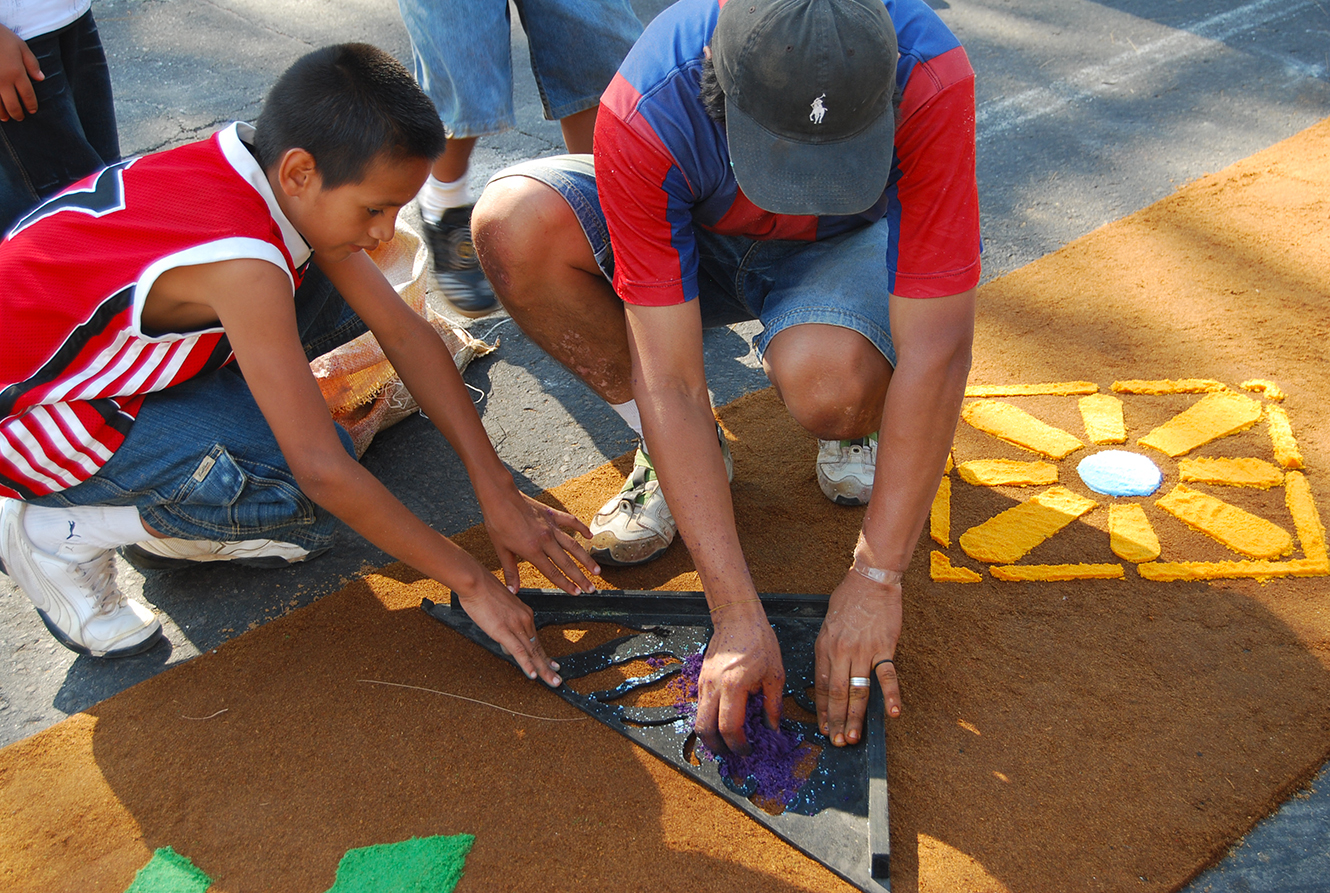
On Good Friday communities make rug-like paintings on the streets with sand and sawdust. These later become the path for processions and main avenues and streets are closed.
GHANAIAN EASTER TRADITIONS
Ghanaians dress in certain colours to mark the different days of Easter. On Good Friday, depending on the church denomination, men and women will either dress in dark mourning clothes or bright colours. On Easter Sunday everyone wears white.
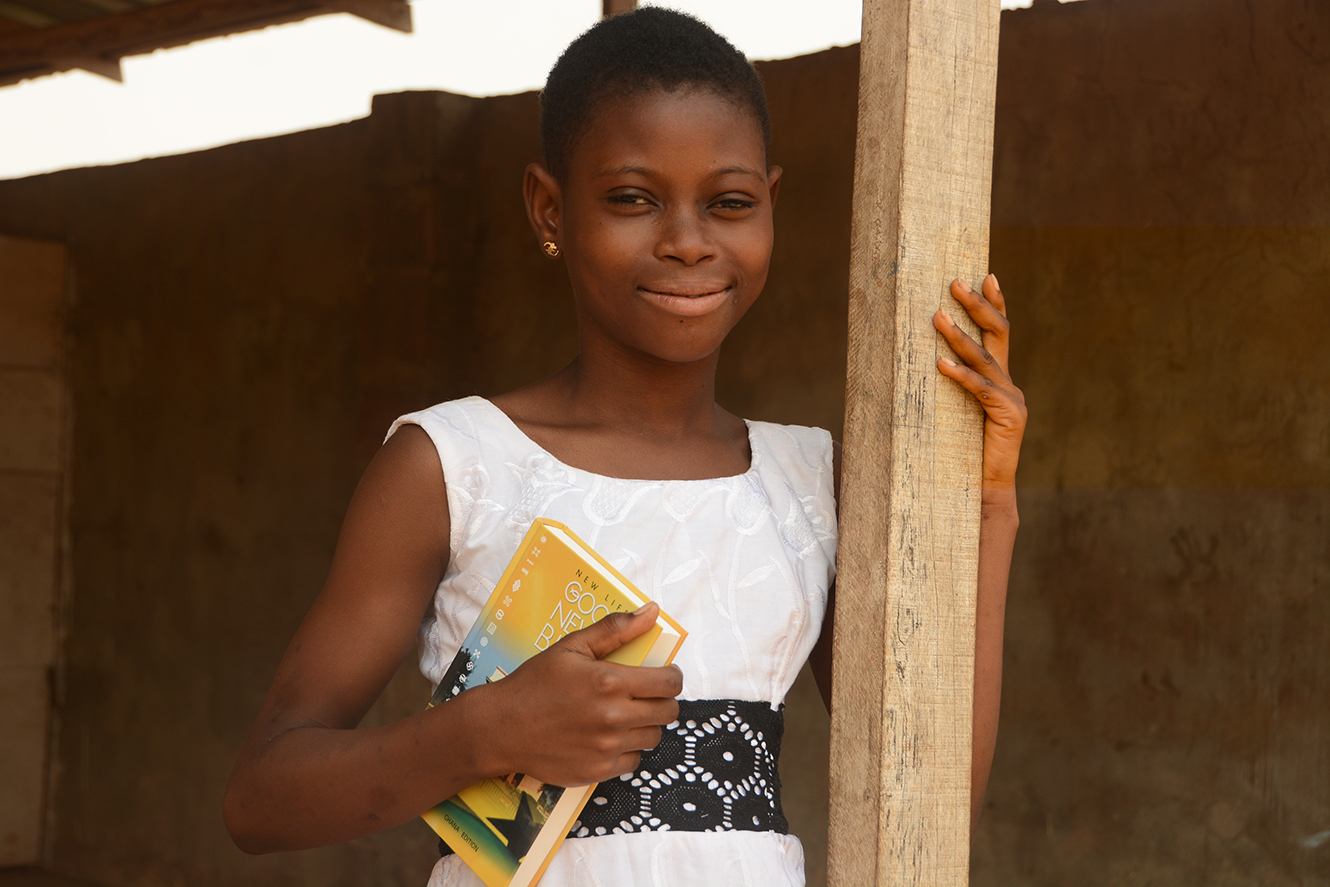
For 14-year-old Leticia, “Easter assures me of the love God has for me to sacrifice His only son for me. And also that Jesus agreed to die for me because He also loves me.”
BRAZILIAN EASTER TRADITIONS
In Brazil, we caught up with 11-year-old Renan who shared why he celebrates Easter.

Why do we celebrate Easter?
Renan: It’s the resurrection of Jesus.
Who is Jesus?
Renan: He’s my Saviour.
Does everyone need Jesus?
Renan: Yes! Everyone!
Why does everyone need Jesus?
Renan: Because if a person has a problem, Jesus can fix it.
KENYAN EASTER TRADITIONS
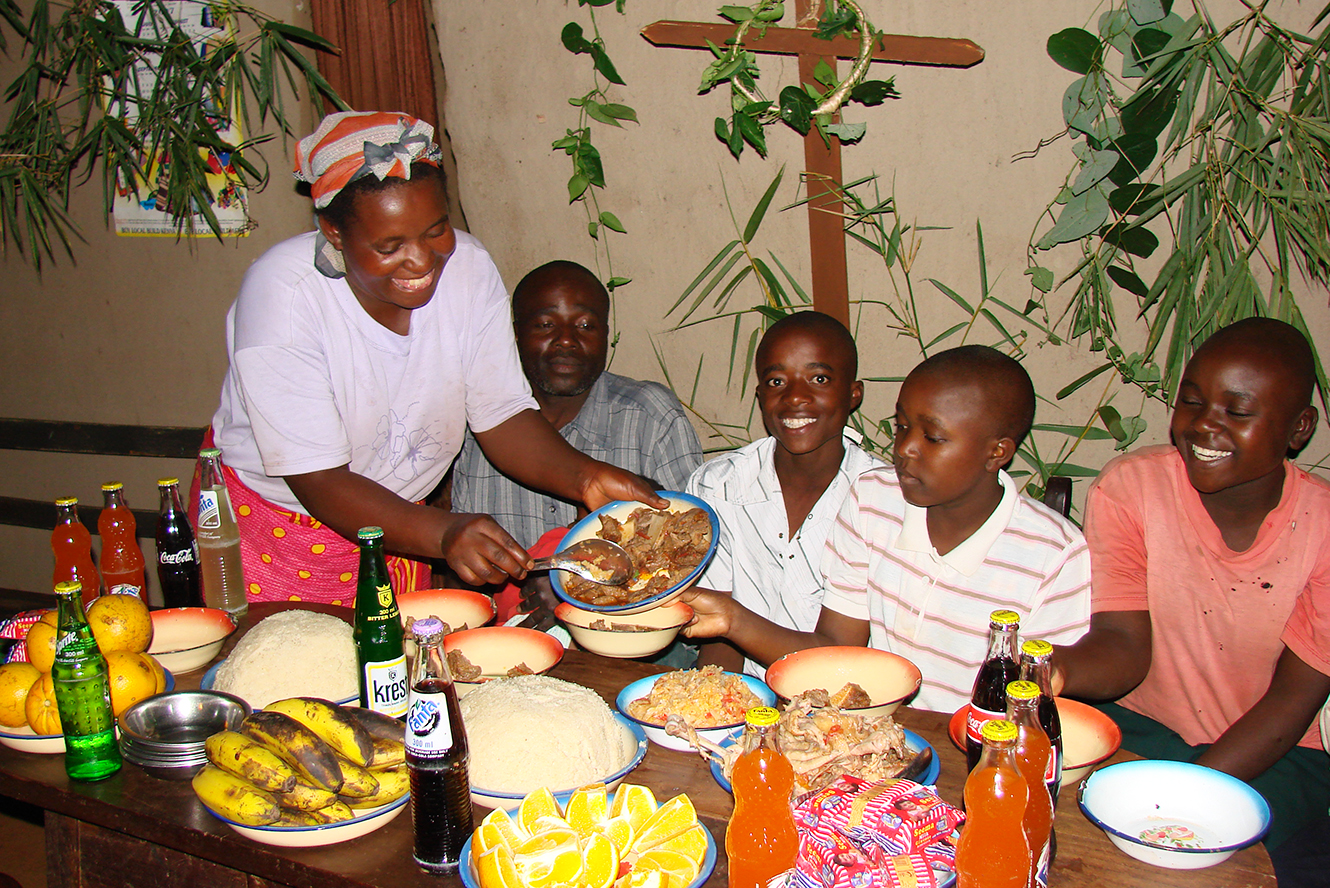
On Easter Sunday, kids in Kenya look forward to a sumptuous Easter meal after church (Easter services are known to last for three hours!). Children share Nyama Choma (roasted meat) and have a soft drink with their meal – a real treat!
GUATEMALAN EASTER TRADITIONS
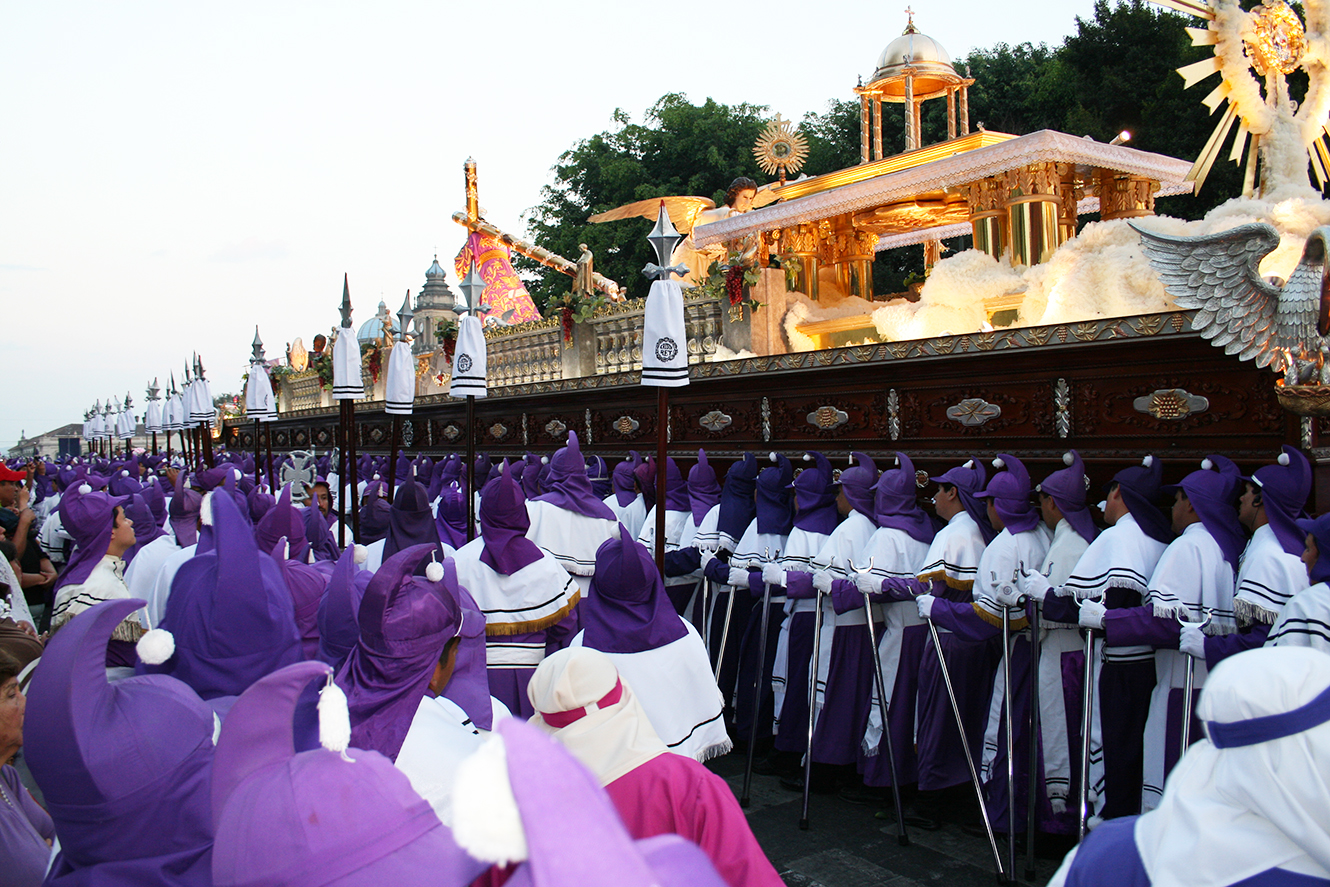
In Guatemala, Easter customs include a large, colourful celebration marked by countless processions. The main roads are closed, and the sound of music rings through the streets.
Special food is prepared such as curtido (a diced vegetable mix which is cooked in vinegar to achieve a sour taste), fish, eggs, chickpeas, fruit mix, pumpkin, pacaya palm and spondias fruit (a Spanish version of a plum.)
COLOMBIAN EASTER TRADITIONS
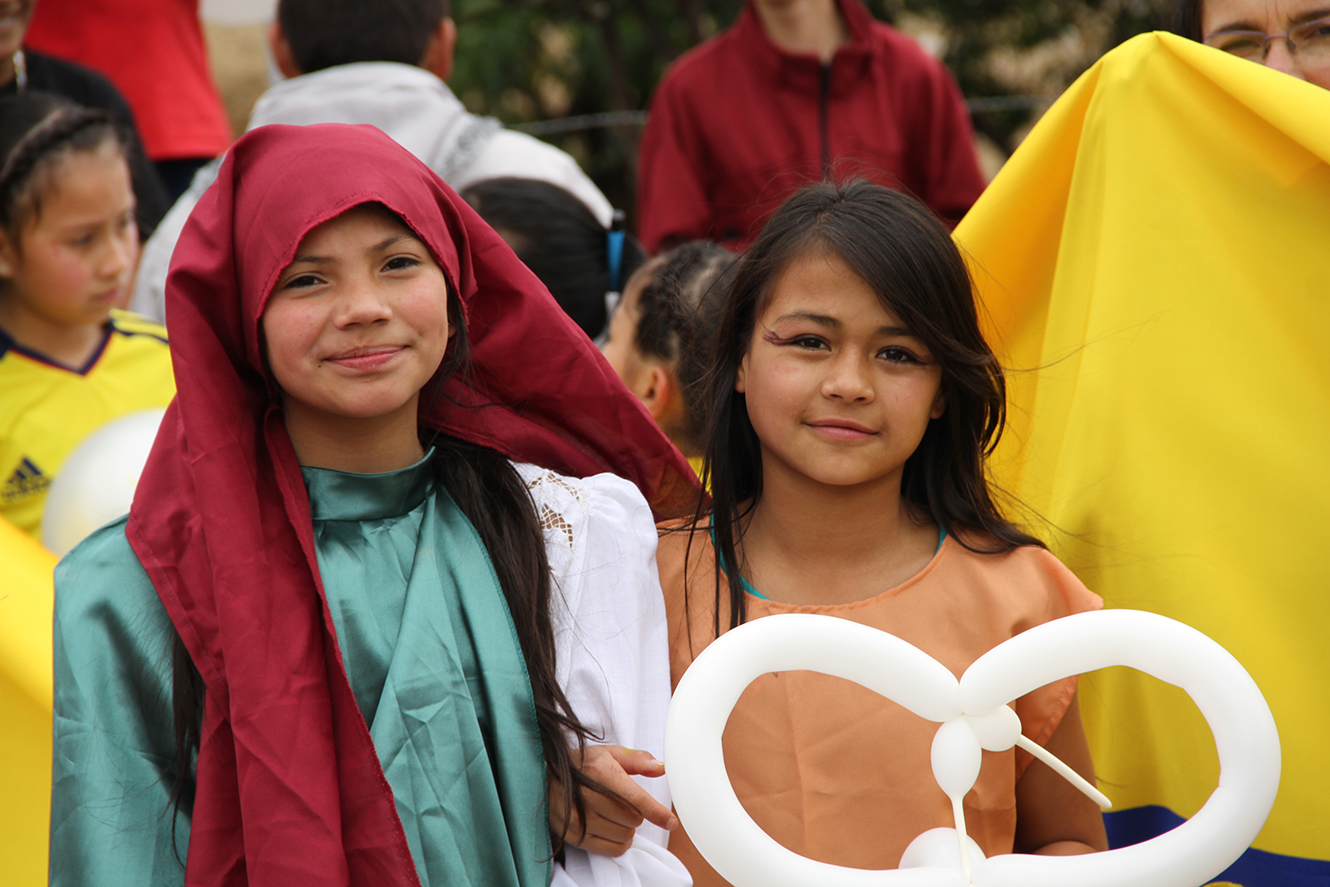
In Colombia, Compassion projects put on different activities every year. These kids are taking part in an Easter parade by dressing up as biblical characters. The parade is part of a Bible camp run by the project during Holy Week.
UGANDAN EASTER TRADITIONS
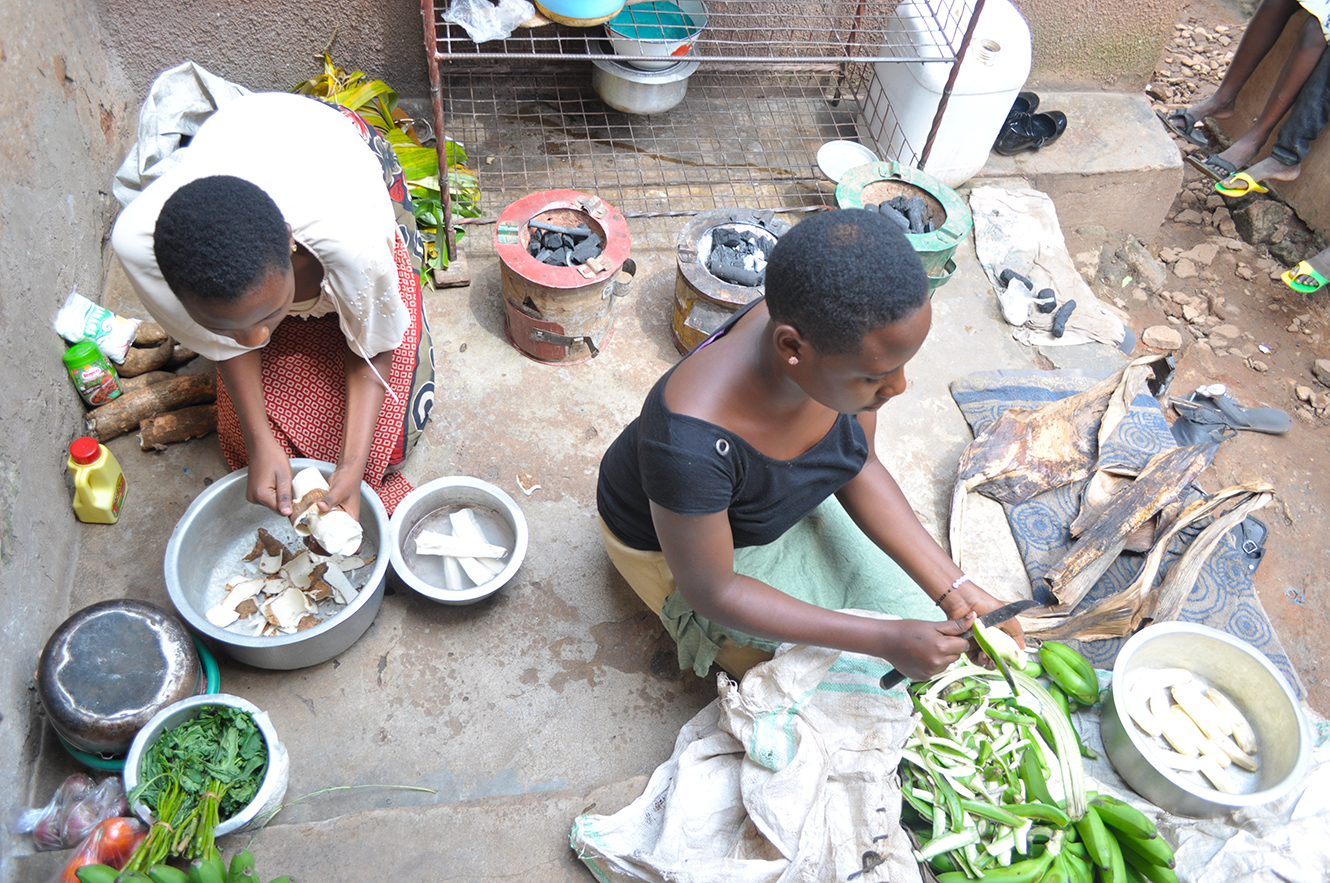
Easter in Uganda is celebrated on the same day as the UK. Compassion-supported children enjoy participating in activities including Easter plays and concerts at their churches. At some projects the staff also arrange special treats such as a picnic.
Food is an important part of Easter celebrations in Uganda and families will prepare a special meal of Ugali (a dough-like consistency made from maize flour), potatoes, beans, chicken or goat.
RWANDAN EASTER TRADITIONS
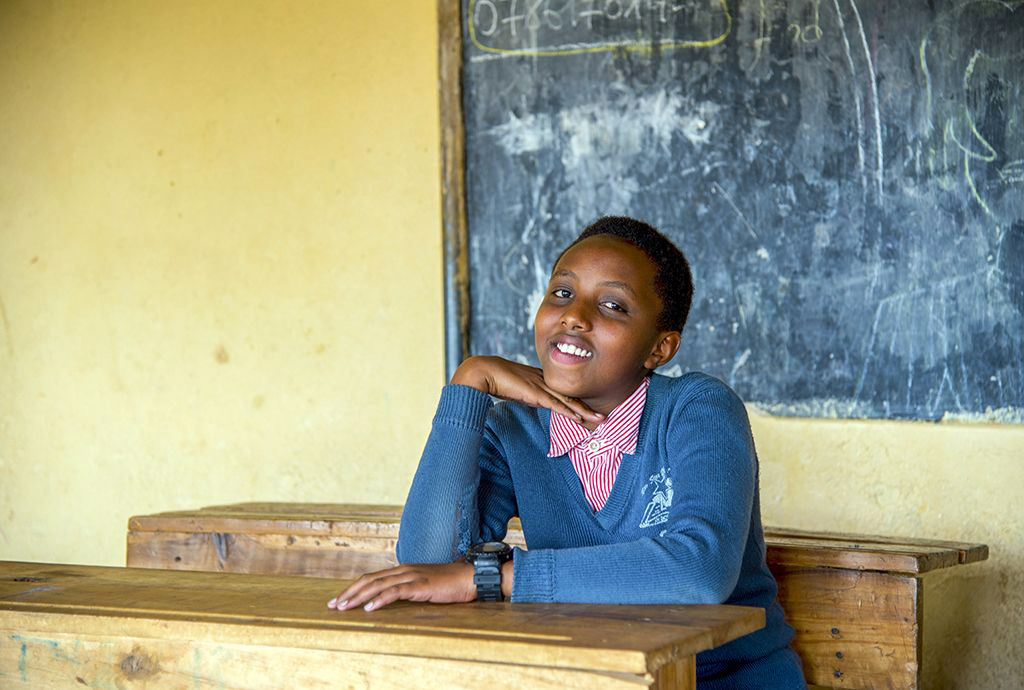
Easter in Rwanda is a time to celebrate with family. Compassion-sponsored child Cynthia shares, “Besides going to church on Easter as a family, we usually go and visit our family members that live in distant places and we share a memorable meal. It’s only Easter when I get to meet my cousins, uncles and aunties I don’t get to see every day. It’s an amazing day for our family.”
THE MEANING OF EASTER: A REFLECTION FROM TANZANIA
As I revisit the events that occurred during the hours of agony before Jesus gave up his spirit and the events after, I see the history of the world change entirely.
While the Jewish leaders were sure Jesus was dead, they nevertheless put soldiers on guard at the entrance to the tomb so that his disciples would not ‘steal’ His body. On top of that, they gave money to the soldiers who had witnessed the dramatic event of resurrection, to cover up the truth that He didn’t rise from the dead and therefore death was not defeated.
But the power that raised Jesus from the dead has been unfolding and people experienced dramatic change when they met Jesus.
Because of His death and resurrection, the Church is growing and Christ’s love is spreading. Jesus’ love for us compelled Him to give His life so that we can have hope. We ought to do the same for those who are suffering and have no one to love them. This is indeed the reason Christ made us alive.
By Charles, Compassion Tanzania
EASTER PRAYERS FOR CHILDREN
Be inspired by these short Easter prayers filled with hope and joy:
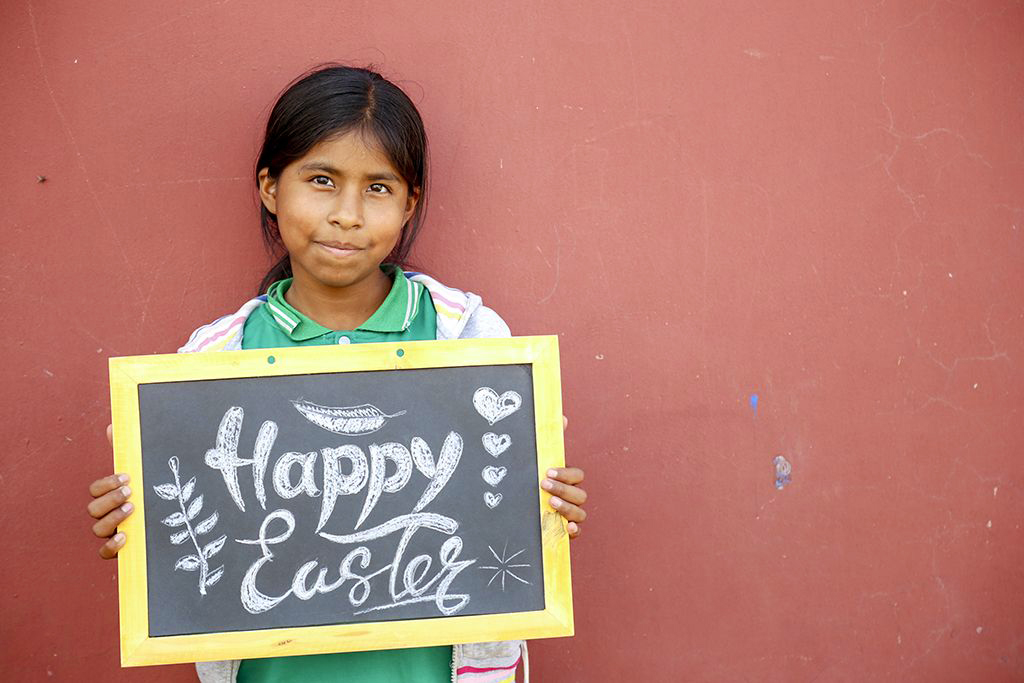
“Dear God, thank you for sending your son to earth so He could die for us and we could receive salvation.” Mirian, Bolivia
“Dear Jesus, thank you for coming and dying for the forgiveness of our sins. After Jesus died, He went to heaven again. Jesus said He will come back.” Darwin, Dominican Republic
Dear Jesus, thank you for being my Saviour. Thank you for coming to earth to save us and thank you for dying on the cross at Calvary. Thank you for being resurrected on the third day. Willy Ramirez, Dominican Republic
“Dear Jesus, thank you for dying on the cross for us. Thank you that you love us.” Belinda, Bolivia
“For God so loved the world that he gave his one and only Son, that whoever believes in him shall not perish but have eternal life.” John 3:16
Information from Compassion.org (Releasing Children From Poverty)